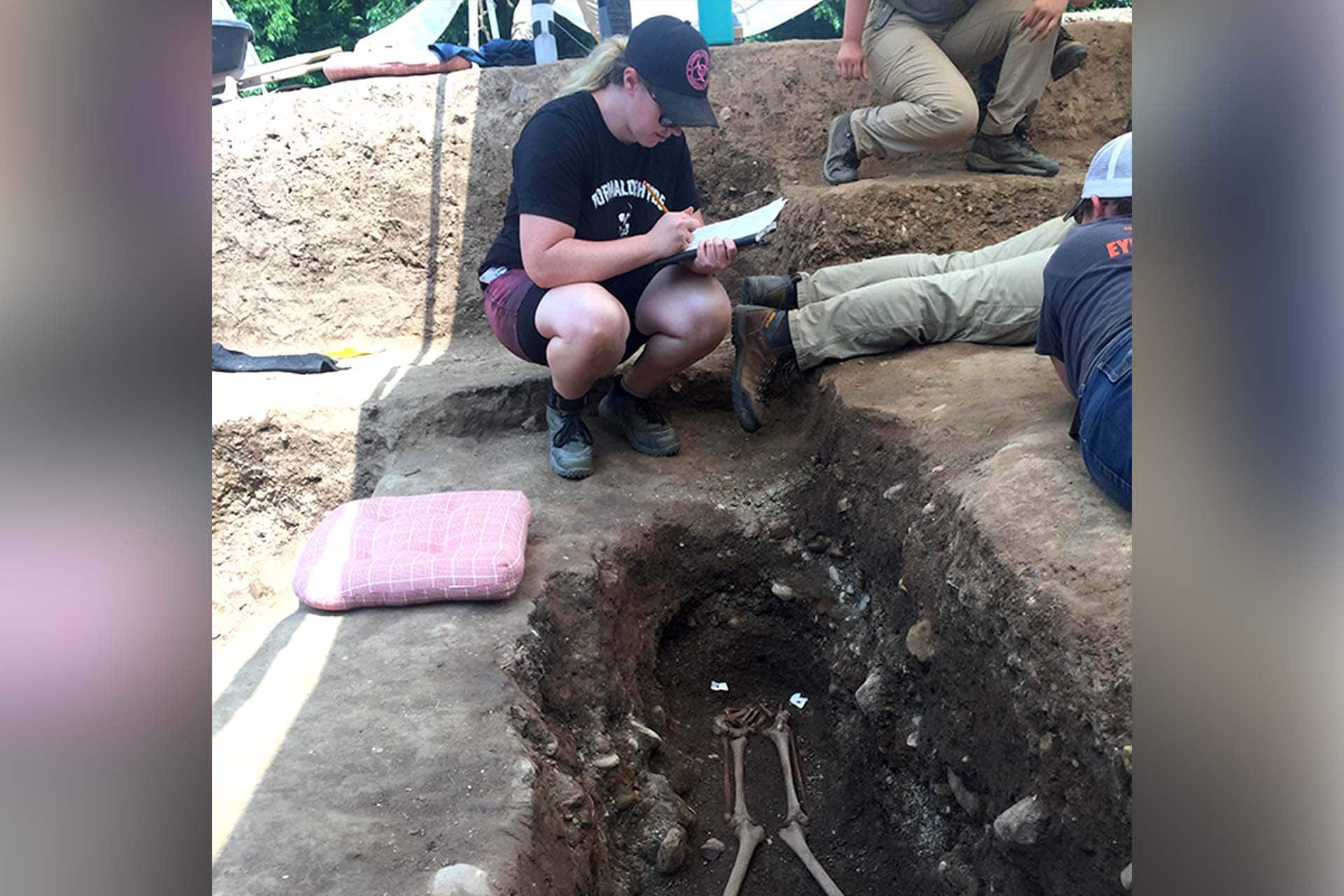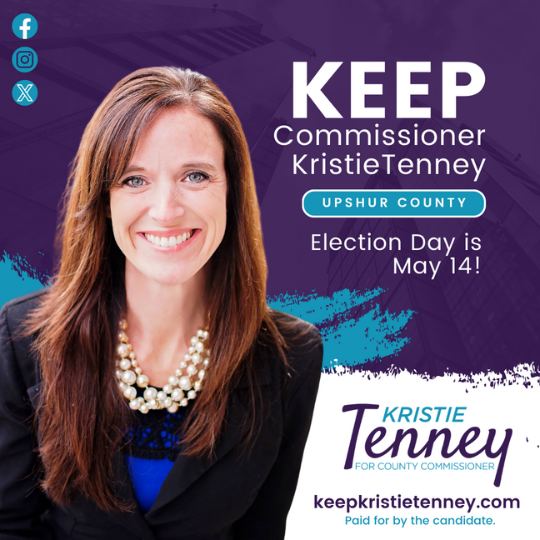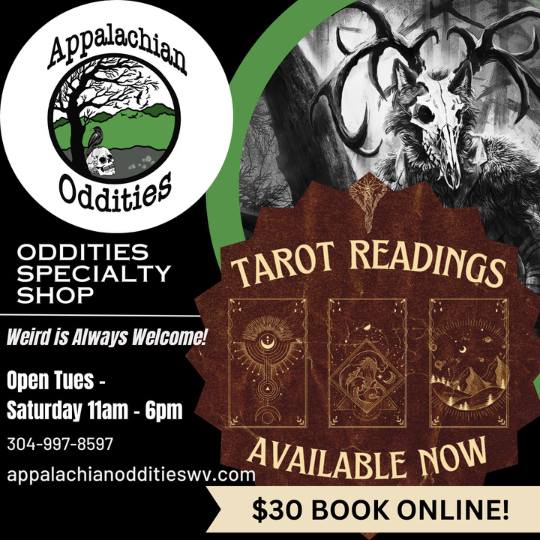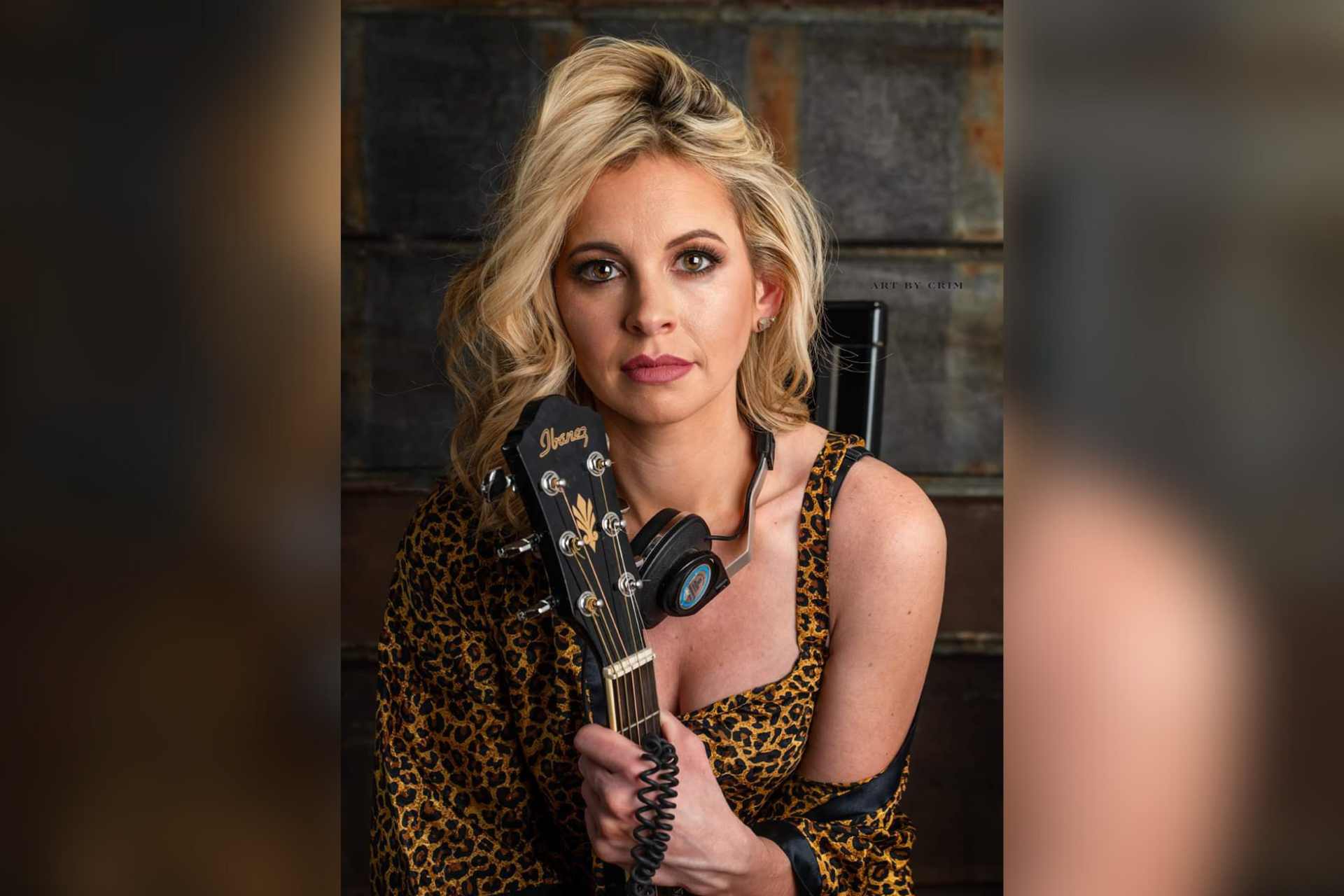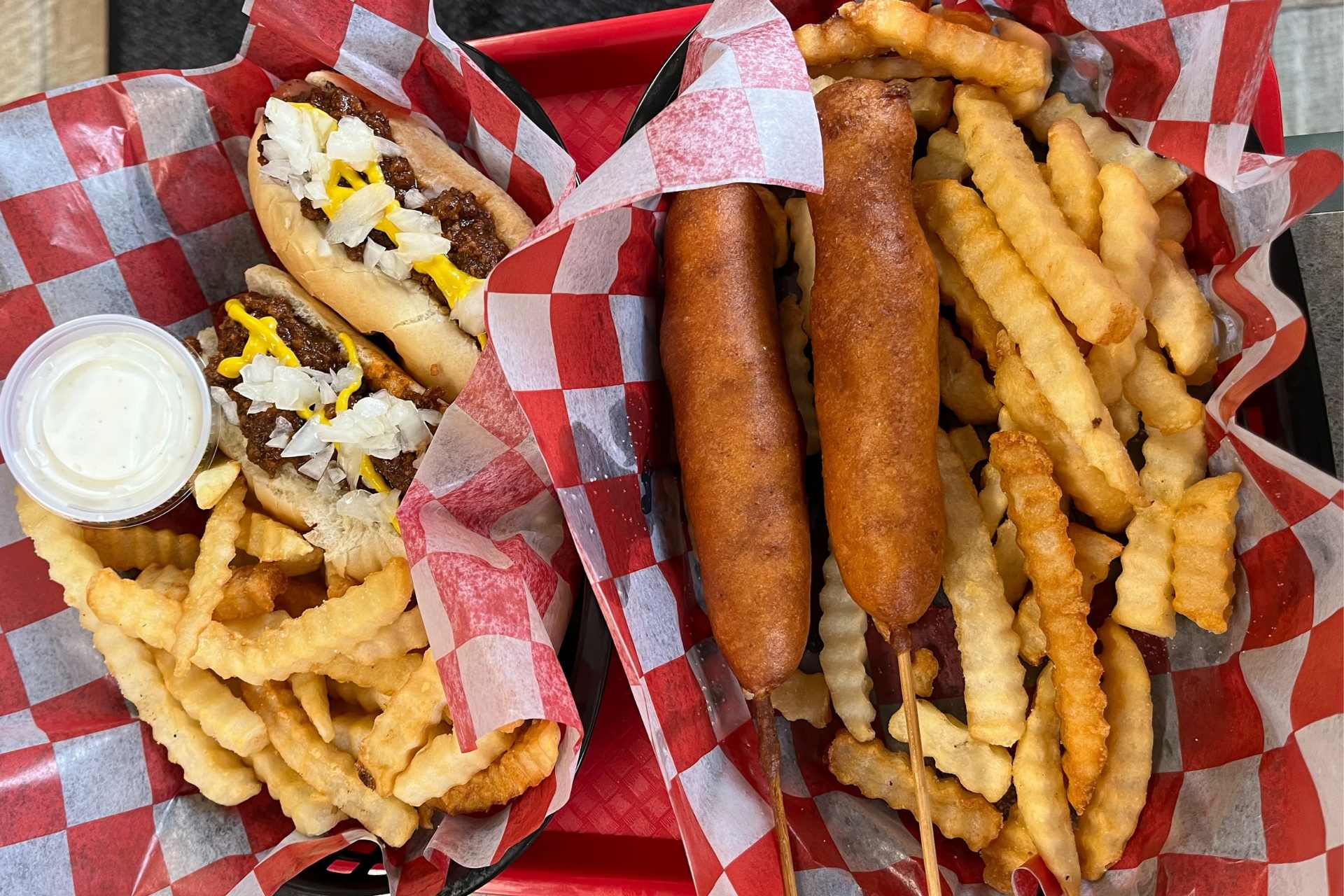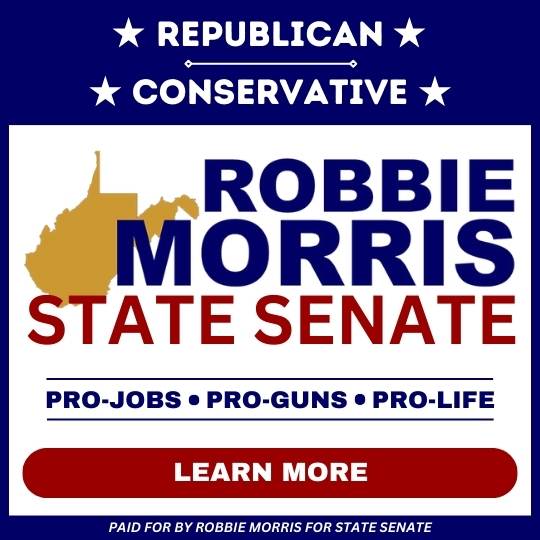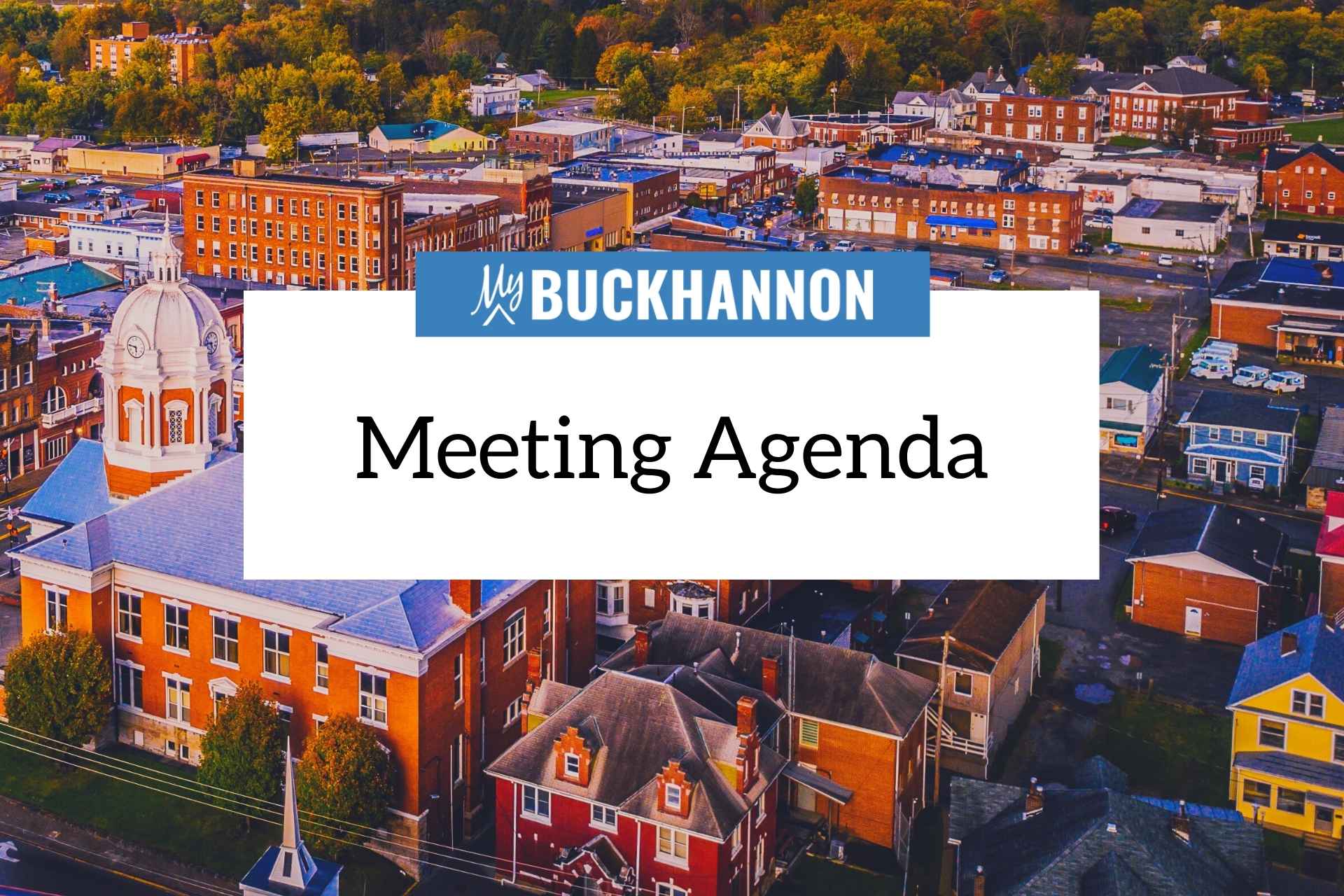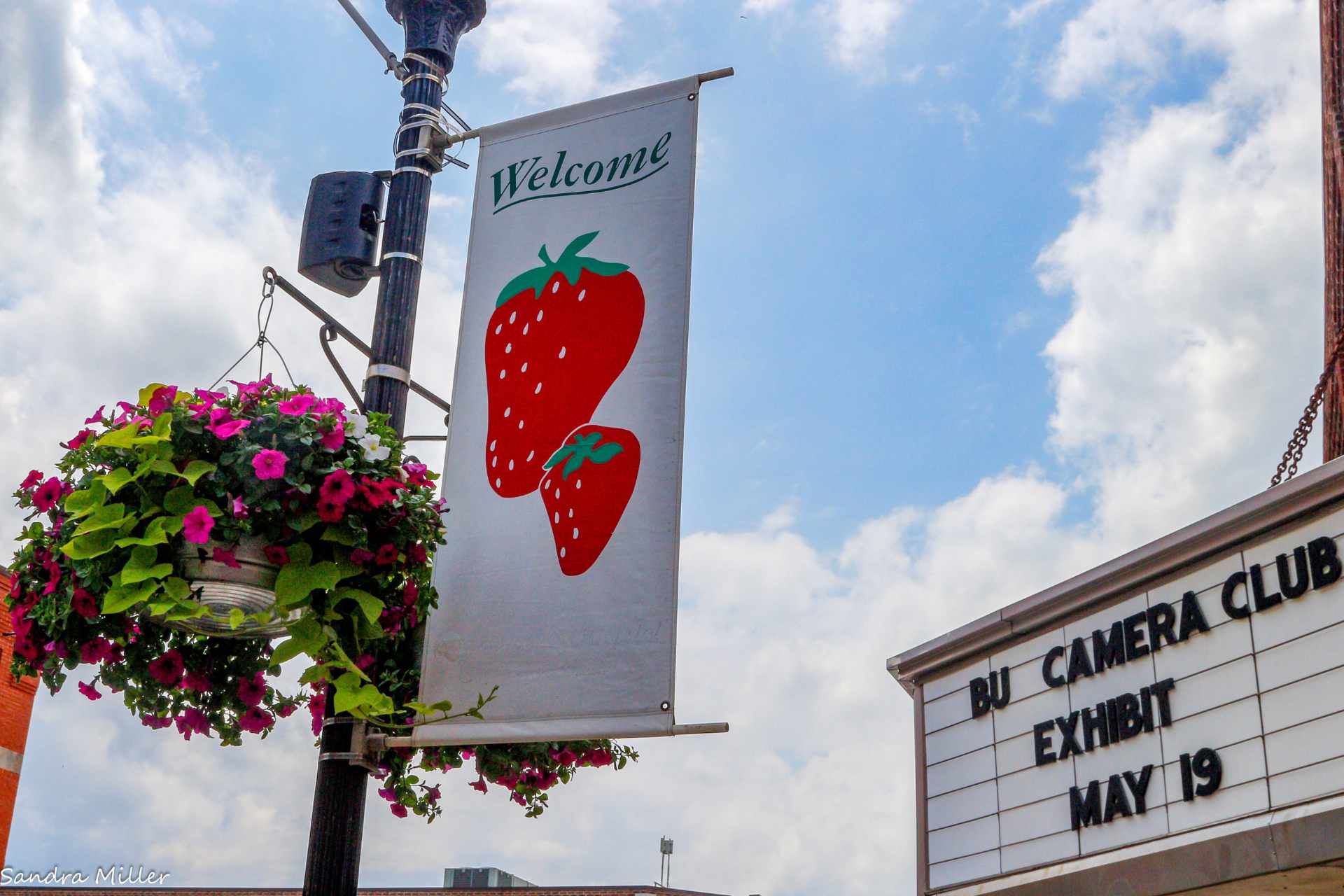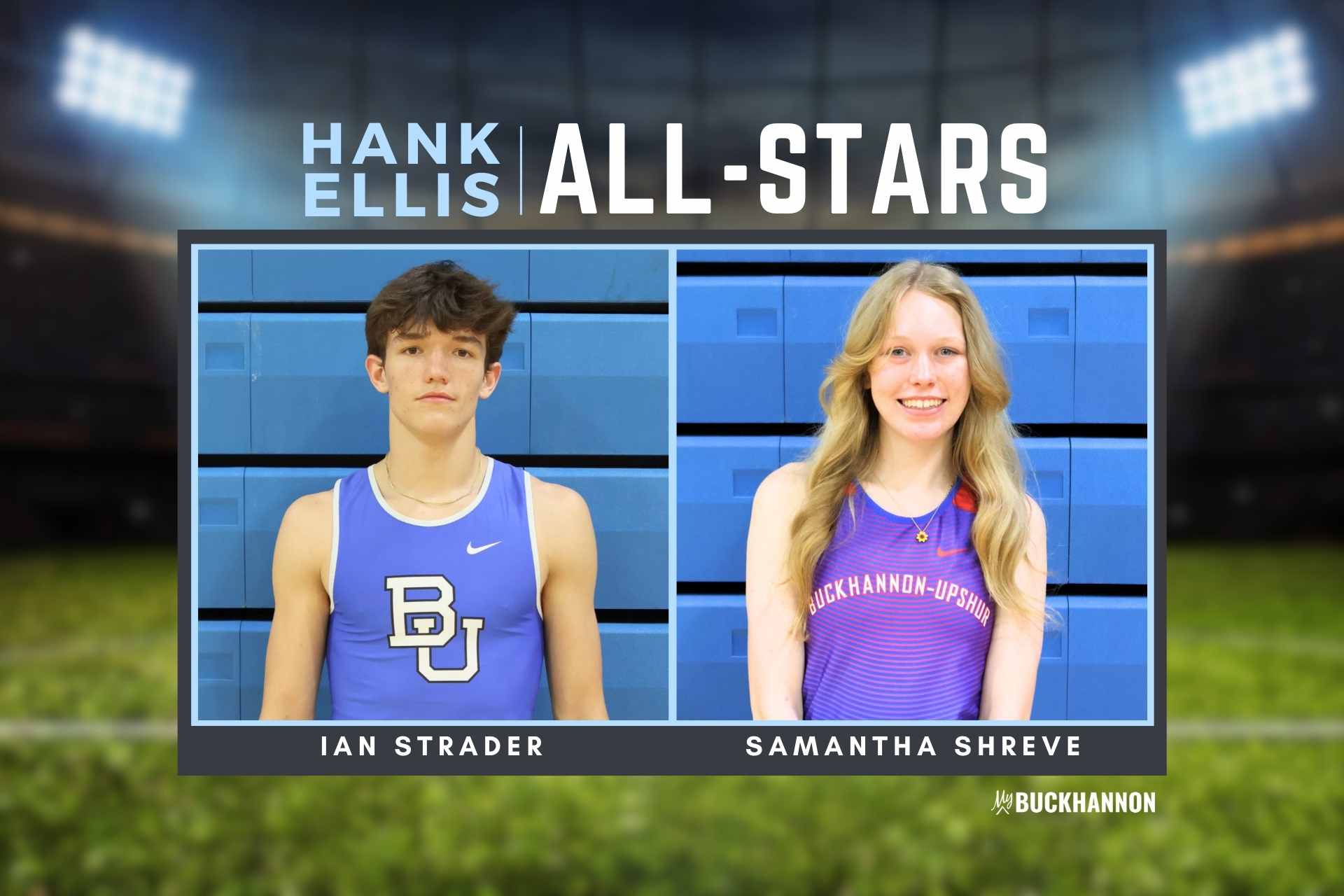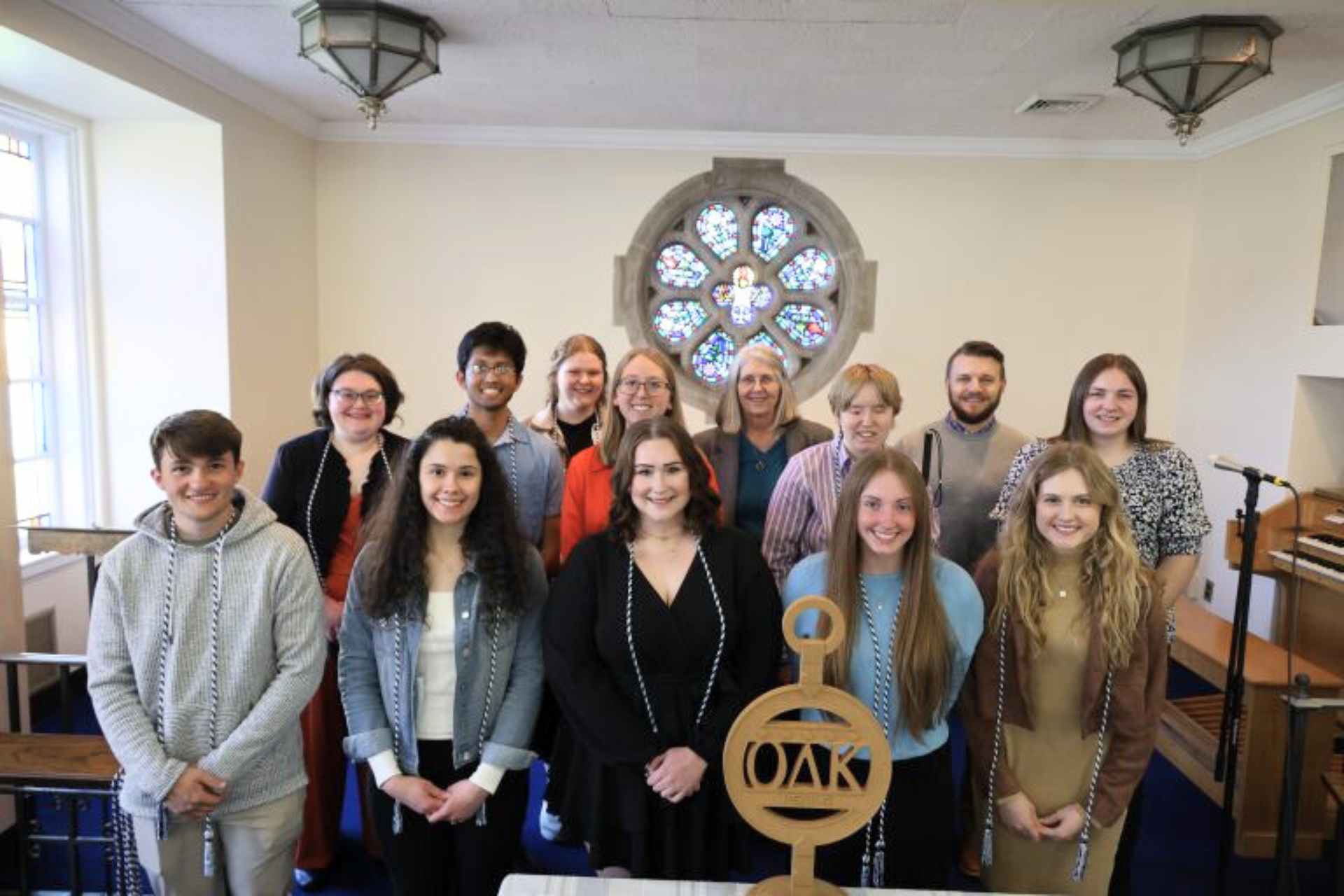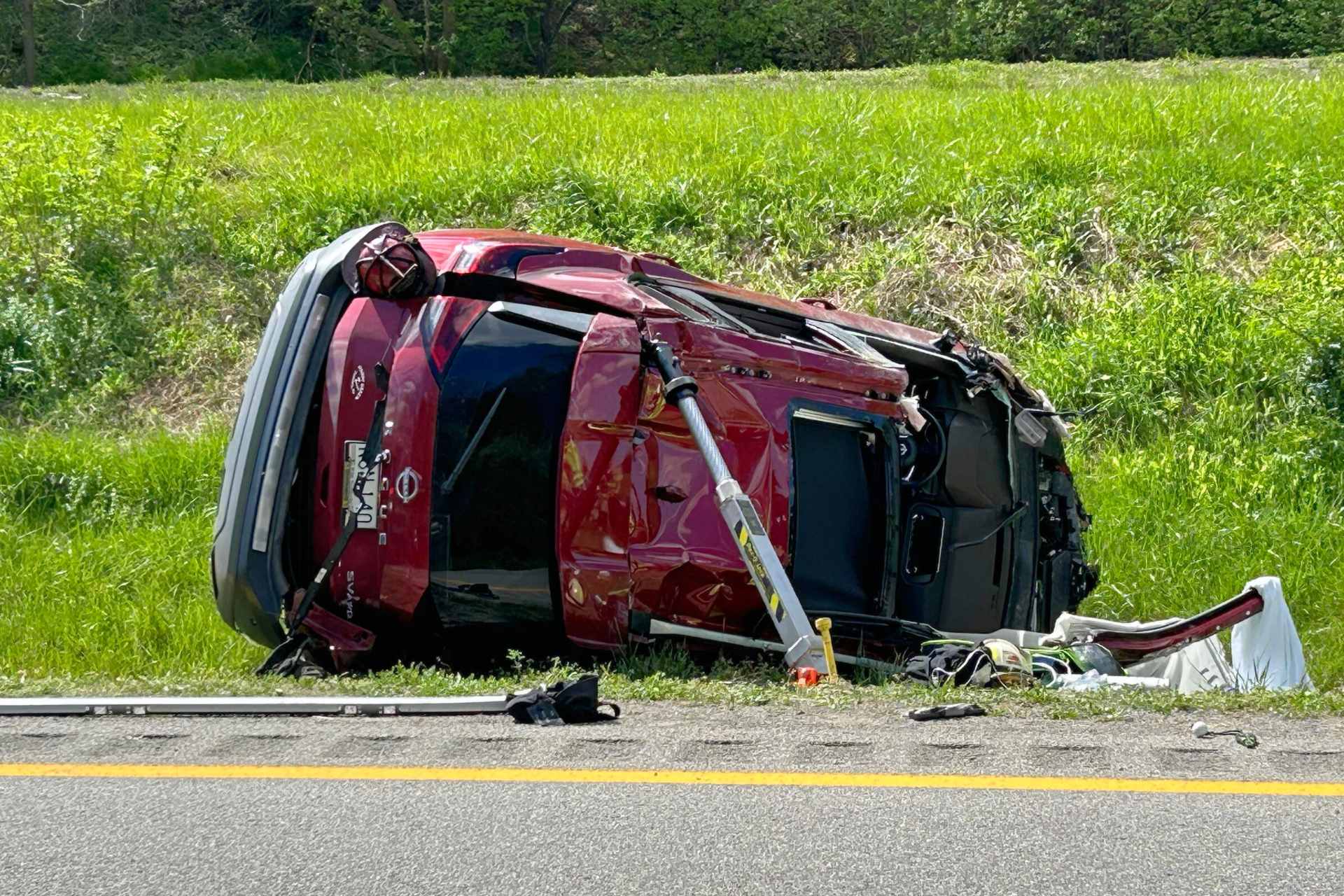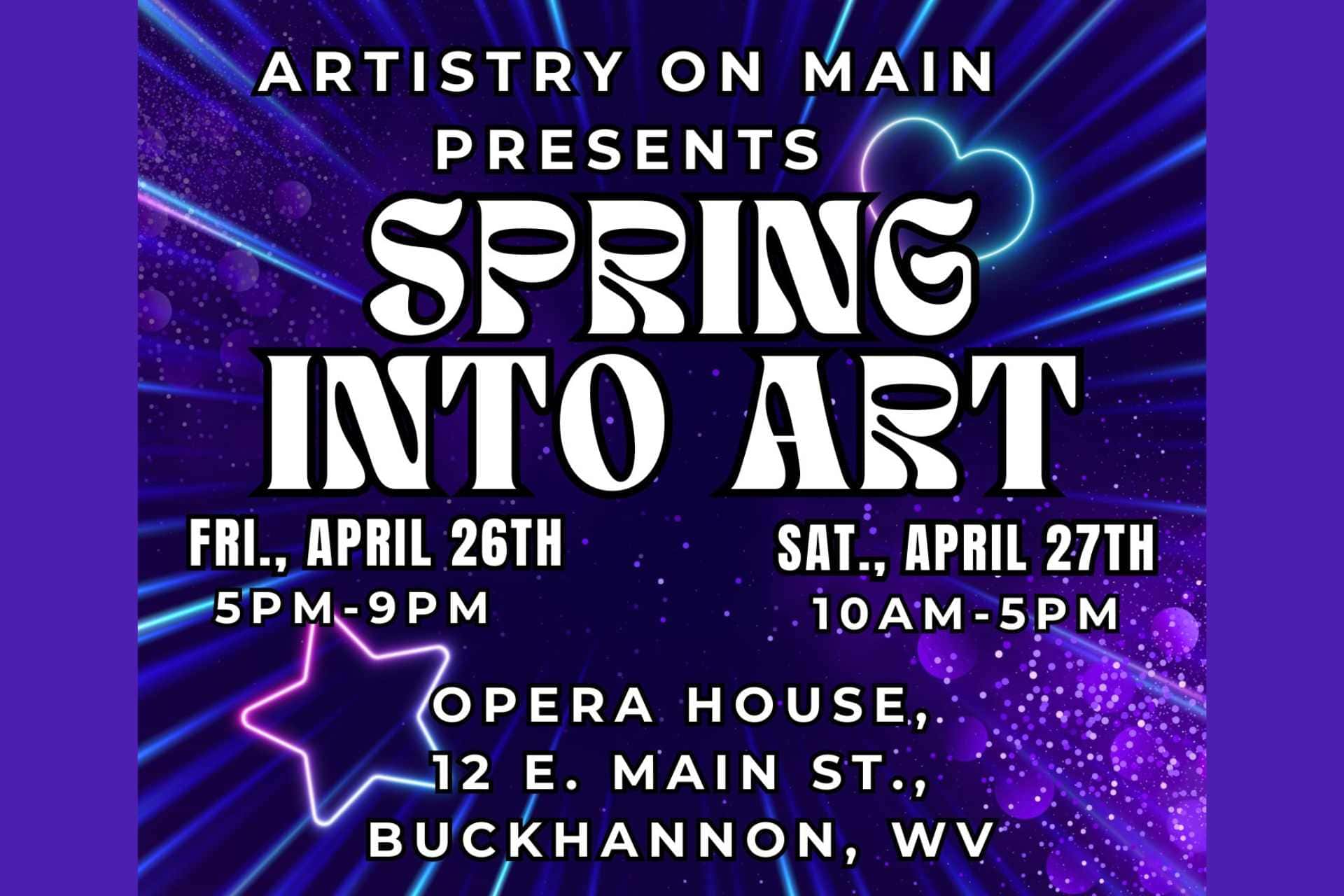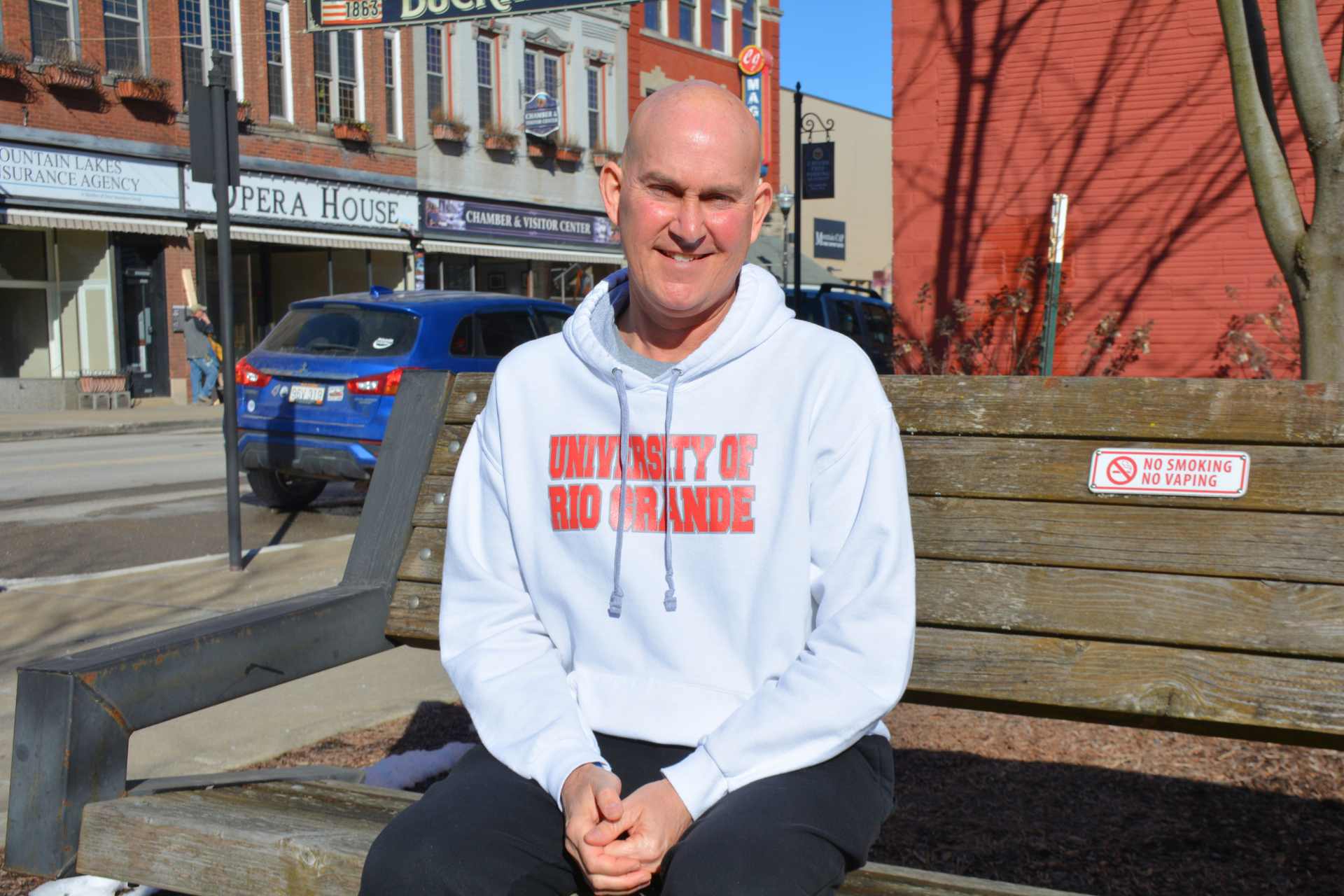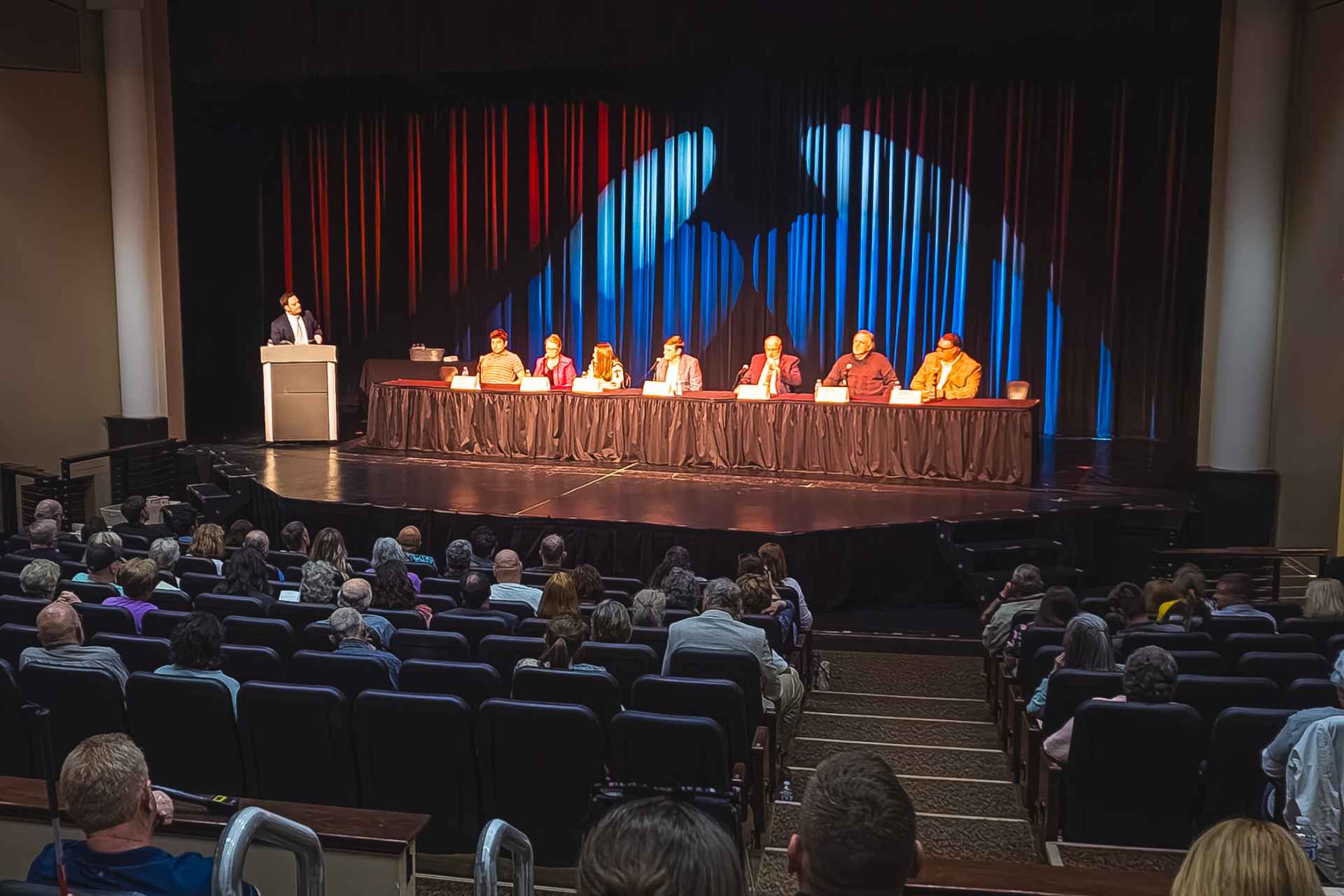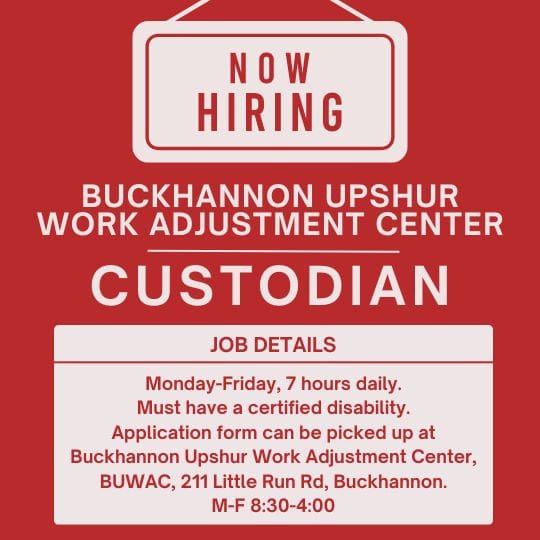This summer Fairmont State University’s Kristy Henson, assistant professor of forensic science, and sophomore, Alexandra Knighten, participated in a bioarchaeology excavation with the Institute for Research and Learning of Archaeology and Bioarchaeology (IRLAB).
Henson mentioned that the program is extremely competitive and available to students and faculty all over the world, only 20 were accepted for this project. They worked in the Historic Harrison Township Cholera Cemetery just south of Columbus, Ohio for a month.
“I was able to use my anthropology background on site and really gain a lot of additional hands on experience. It wasn’t too different than the other digs I’ve been on,” she said. “I learned a lot about geology and dirt colors, how to see a burial based on the colors of the soil. I also learned that I’m really good with a pickaxe.”
Making connections was one of the most valuable parts of the experience, Henson said. She met people through IRLAB, Ohio State and Wright State.
“I’m excited to collaborate with them in the future. You never know the connections and friends you’ll make on adventures like this,” she said. “Being practically on top of people, sweating, and smelling like who knows what really creates life-long friendships.”
One of Henson’s favorite parts was seeing people coming from all different backgrounds works together.
“Field work is very rigorous and not meant for everyone, so it’s nice when you have such a great group of people working together. As a physical anthropologist, I really enjoyed exposing the remains and learning who these people were,” she said. “I really loved that it incorporated so much from my degree. This experience helped me feel competent in my ability to properly identify skeletal remains and pathologies in-situ.”
Henson said she will be able to add personal experiences into her forensic biology and forensic anthropology courses as well as adding in more excavation experiences. They currently do a mock-excavation but she feels that she can create a better lab experience for her students now.
“I think students enjoy when their professors are actively participating in their field. It lets us use more real-world examples to see students engaged,” she said. “It was important to participate because it is always good to stay current in the field and learn new things. It was good for Allie because as of right now, we don’t offer any classes like this.”
Knighten, forensic science major with a minor in chemistry, said working with the IRLAB was an inspiring and enlightening experience.
“I was able to make lifelong friendships as well as developing skills and knowledge that I can utilize throughout my career,” she said. “I can never thank the IRLAB supervisors enough for allowing me to be a part of this amazing field experience. I hope to be back next year with them.”
Both Henson and Knighten hope to work with the IRLAB again in the future.
